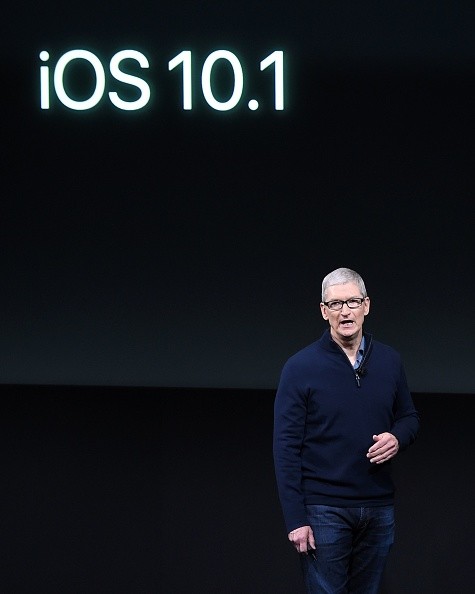Even as president-elect Donald Trump has initiated the process of transition of power, Chinese state-owned media has issued a sort of warning to the future U.S. administration. It has cautioned Trump that beginning a trade war with China could eventually lead to American companies' sufferings in the Communist nation.
The Chinese media reacted cautiously to Trump's victory in the U.S. presidential election, results of which were announced on Nov. 9, saying that the country would not be affected by the Republican nominee's win. The mood, however, changed when one of Trump's economic advisors Judy Shelton told Bloomberg Television on Nov. 11, Friday, that the president-elect was determined to declare China a currency manipulator.
Shelton's comment evoked sharp reaction throughout the Asian superpower and the Global Times, a subsidiary of the state-owned People's Daily, remarked in an editorial that "China will take a tit-for-tat approach" if Trump carried through his election promise to declare China a currency manipulator. It further stated that any move by Trump to wage an economic war against the country would affect the sales of American auto and iPhone sales in China. Furthermore, the country will ban importing soybean and maize imports from the U.S.
Citing examples, the column in the Chinese publication pointed out that the U.S. trade and commerce department imposed a 35 percent import duty on Chinese tires after Barack Obama assumed office. Reacting to this, China also announced tariffs on US automotive products and chicken. Consequently, both the U.S. and China suffered losses.
Apple has already been facing it rough in the Chinese market, despite heavy investments in various projects in the country. The growth of the Cupertino-based tech titan in the world's most populous country has slowed during the last few quarters owing to plummeting iPhone sales during the second quarter, CNET reported.
In fact, iPhone sales have dropped by 33 percent year over year. As a result, China is no longer Apple's second largest market outside the U.S. It is apprehended that the problem may aggravate for Apple in the country, with authorities introducing new cyber security and technology laws with a view to exercise greater control on foreign companies operating in China.
Nevertheless, Apple has tried various means to remain in the good books of the government and consumers in China. It invested $1 billion in ride-hailing service Didi Chuxing, often referred to as the Uber of China. Moreover, it launched the budget smartphone - iPhone SE, in China earlier this year to reach out to people looking for cheaper iPhones. All these notwithstanding, Apple has recently confronted new problems in China, including shutting down of its iTunes and iBook.
Watch the five main problems faced by Apple below:



























